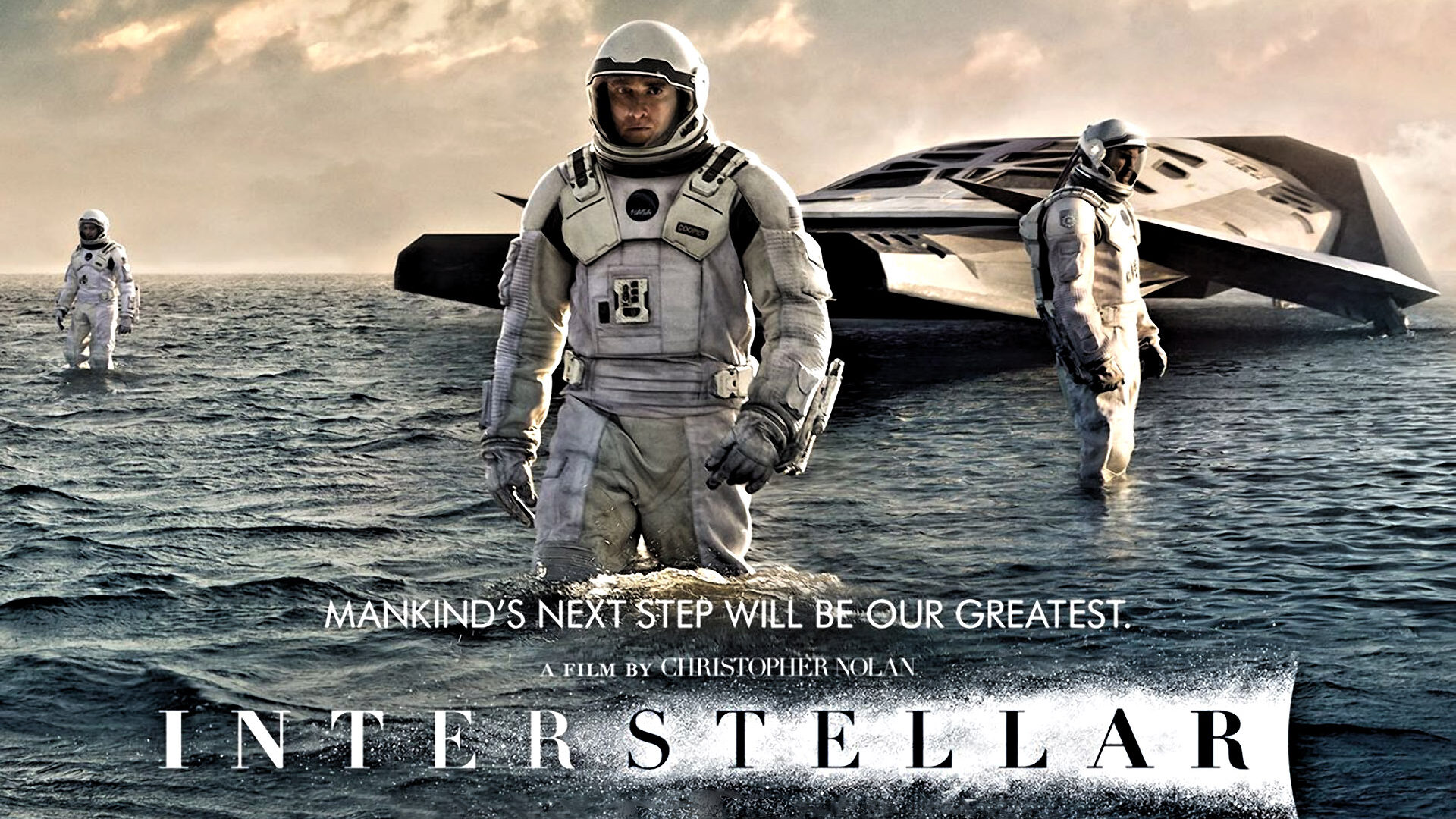Introduction
Have you ever heard that astronauts age a little slower in space?
It’s true—and it happens because of something called time dilation.
OR
Imagine this: You have a twin. You stay on Earth, and your twin travels into space at nearly the speed of light. When they return, you’ve aged more than they have. How is that possible?
This strange effect is called time dilation, and it’s a real prediction of Einstein’s theory of relativity.
Let’s break it down in the simplest way possible.

What Is Time Dilation?
Time dilation means that time does not move at the same rate for everyone, especially when someone is moving very fast or is near a strong gravity source.
In space, time can actually slow down for astronauts compared to people on Earth. It sounds like science fiction, but it’s real science based on Einstein’s theory of relativity.
Time Slows Down for Two Main Reasons
1. Traveling quickly (speed time dilation) : Time passes more slowly to you than to someone standing motionless when you are traveling near the speed of light.
Imagine traveling at extremely high speeds in a spaceship. You may be younger than your Earthly friends when you return. That is speed-induced time dilation.
2. Being in close proximity to strong gravity (Gravity Time Dilation) : Time is also impacted by gravity. Time moves more slowly when gravity is stronger.
This occurs close to large objects like black holes. Your clock runs slower near a black hole than it does far away.
Time Dilation examples:
• GPS satellites in orbit must modify their clocks because time passes differently there than it does on Earth.
GPS would not work correctly without these modifications.
• On the International Space Station (ISS), the aging rate of astronauts is slightly slower than ours, at approximately 0.007 seconds per six months in orbit.
Famous Hollywood Movie Example – Interstellar
The Interstellar movie is a good example here, in this movie the astronauts landed on a planet near a black hole. This reveals that seven years on Earth are equivalent to one hour there.
This movie may sound like fiction, but it is actual science.

Why Does Time Dilation Matter?
It shows us that time is not the same everywhere. It depends on how fast you’re moving and where you are in the universe.
It explains that time is different everywhere. It depends on how fast you’re moving and where you are in the universe.
Scientists benefit from time dilation:
- Improve GPS systems
- Recognize space travel
- Examine potential missions to distant planets in the future.
Conclusion
Time dilation might sound unusual, but it is a genuine aspect of how our universe operates. As we continue to explore space and travel at greater speeds, we will experience this intriguing yet fascinating phenomenon of science even more.
